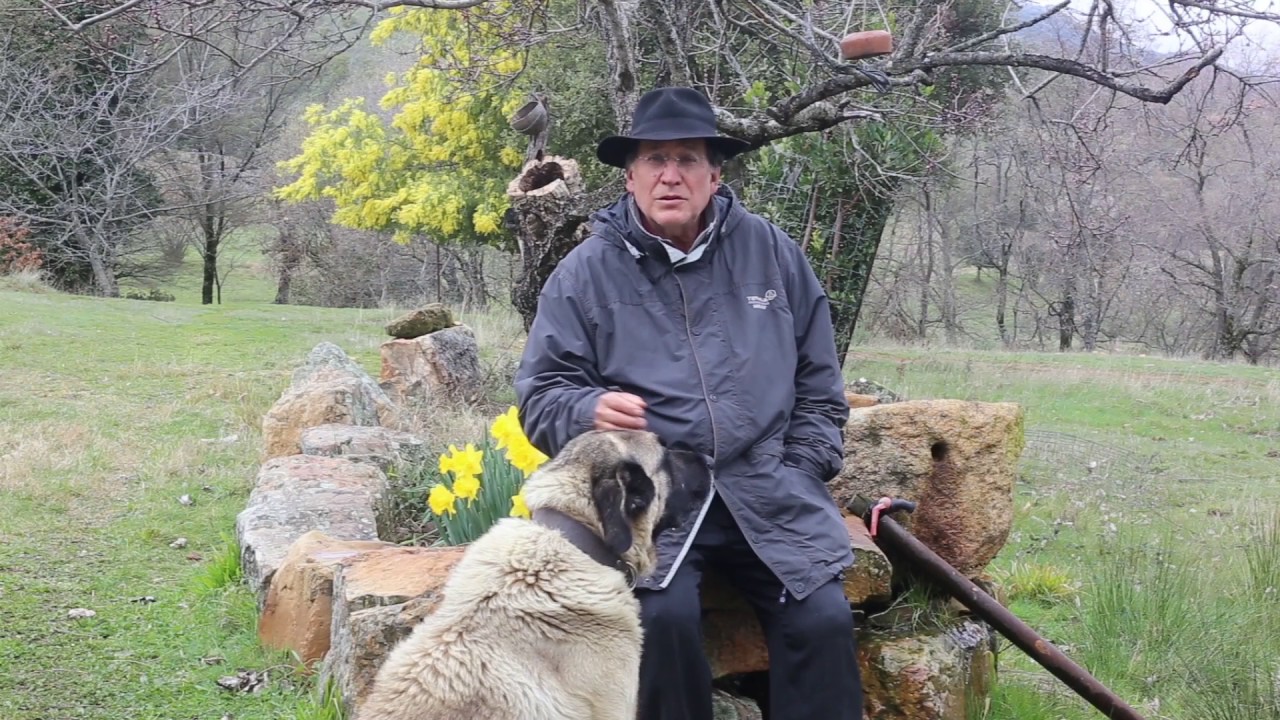
We have posted several entries in this blog on Galileo’s famous phrase that mathematics is the language of the universe (this one and this one); so it would seem that the question in the title of this post should be answered by appealing to mathematics. However, I would like to make it clear that by “nature” I am referring here to life on planet Earth, and not to the universe (the cosmos), as Galileo referred to in his quote. So the question would be: what is the language that would allow us a better understanding and knowledge about life on Earth? If you like, we can further specify: what is the language that would allow us a better understanding and knowledge of the trees (undoubtedly the most splendid creature that the plant kingdom has produced on Earth)?

According to Joaquín Araújo (1947-), naturalist and communicator, it is not the language of science (or not only the language of science), but the language of poetry. Araújo ascribes to the also naturalist Ramón Margalef (1919-2004) this statement: “To describe a tree properly”, Margalef said, “you need a poet”. Although Araújo has long held this opinion (here he explains it in one of his Radio 5 programmes in September 2011) has just published a book in which he explains it in considerable detail: Trees will teach you to see the forest. And the truth is that, after reading this magnificent book, there is no choice but to agree with Joaquín Araújo: perhaps science is not enough to describe the essence of a tree. This is how Araújo explains it: “With which we would begin to agree with one of the best biologists of all time: Ramon Margalef. This enormous ecologist admitted the limits of science for some definitions of what is essential. In fact, he assumed that at a certain point – and after all sorts of descriptions of the tree and its functions – one concludes that one is only beginning to understand what lies ahead and that from this scrutiny the biological reality of the vegetal giant remains undefined for the most part. That is why the wise biologist said that this task, that of describing and deeply understanding trees, corresponds to poetry”. And further on: “I am sorry to escape the conventional assumptions of science, but I am supported, I insist, by considerations such as those contributed by some of the most experienced scientists who acknowledged, as did Ramon Margalef or Jorge Wagensberg, that from a certain point the description and understanding of the components of life can only be done with the language of poetry. Without forgetting, of course, that in his heart much of the poetic is an anticipation of the scientific, or at least converges with the correct from the point of view of science. Let this be an example. For the conventional botanist, the tree is a plant… For me it is upright water that eats light and produces futures. To achieve this it does not dominate, nor does it exploit, nor does it hoard. On the contrary, it makes agreements. Friendship is what is really essential in this world. Infinitely more than discord and domination.”

Perhaps it is worth remembering, in order to put an end to this pill, that in this so-called “modern” world where so many undocumented people pretend to be ecologists, Araújo has been teaching ecology by his example over the last fifty years, and that true ecological authenticity indelibly permeates everything he writes.

Leave a Reply